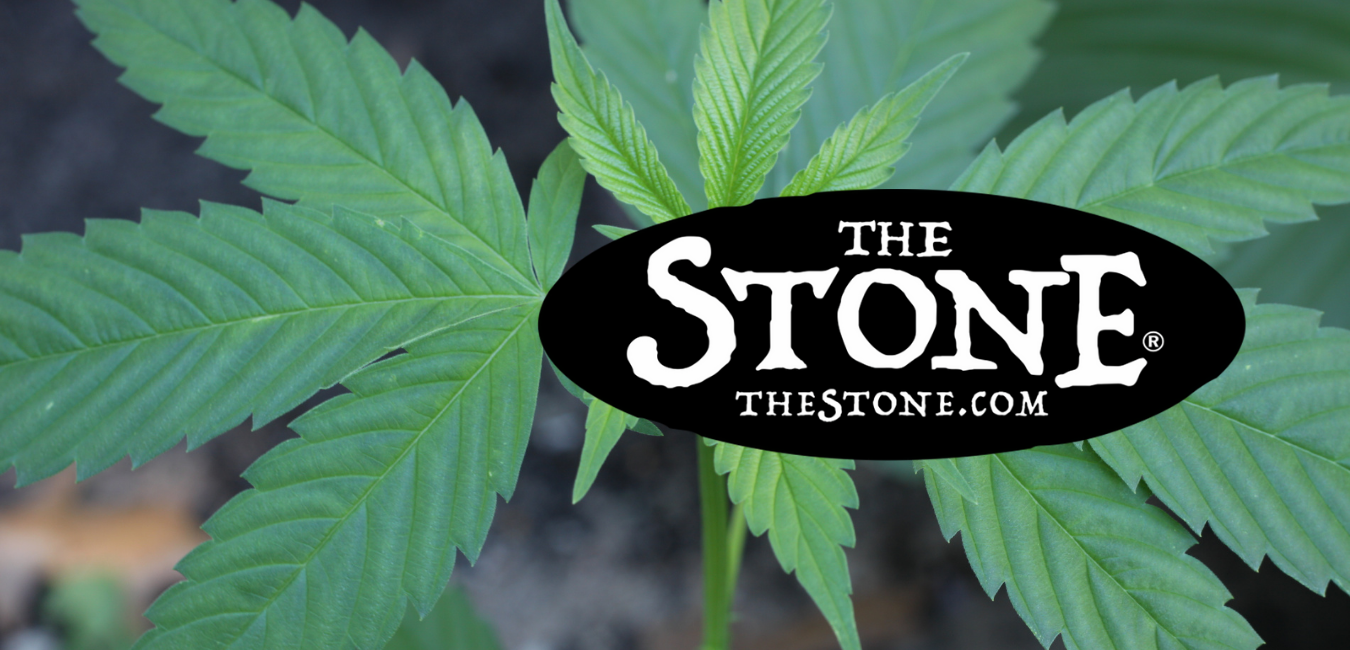Cannabis is definitely the most controversial plant on the face of the earth. And by controversy, I mean people are very passionate about it to say the least! Whether you are for or against cannabis use, chances are you have already drawn a firm opinion about if marijuana is the ultimate Wellness Plant.
For those who don’t know much (or anything) about Cannabis and its properties, here is a little overview:
What is Cannabis?
Cannabis sativa L., commonly known as hemp, marijuana, weed, pot and by many other names, is a member of the Cannabaceae family. It’s one of humanity’s oldest cultivated crops. While there are three species (Sativa, Indica and Ruderalis), all forms of cannabis originate from either Cannabis Sativa or Cannabis Indica. The major difference between them is the amount of psychoactive tetrahydrocannabinol (THC) found in each one. Indica has higher levels of THC than sativa, which affects the mind vs. the body.
The main active chemical in cannabis is delta-9-tetrahydrocannabinol (THC), which produces that high feeling. Cannabidiol (CBD) provides many medical benefits, but does not cause a high and can actually counter some of the effects of THC, including anxiety or paranoia for example. The term “cannabis” loosely refers to marijuana (or marihuana). While “hemp” denotes cultivation for non-drug use, such as industrial or medical purposes. That’s because hemp has low THC levels.
To obtain high levels of THC in their plants,
marijuana growers have started growing strains with higher CBD content. This is done to obtain the desired “high” effect while using less amount of plant material.
What are cannabinoids?
Cannabinoids are the chemical compounds unique to cannabis that act upon the body’s cannabinoid receptors (much like a key fits into a lock). There are more than 85 known phytocannabinoids; however, scientists believe there may be many more waiting to be discovered. The most studied cannabinoids include tetrahydrocannabinol (THC) and cannabidiol (CBD), which is why cannabis products rich in cannabinoids go under the broad term of “medical marijuana”.
Benefits of the Ultimate Wellness Plant
There are a few possible reasons why cannabis is believed to have so many benefits. Here are a couple of them:
- Cannabis might help to prevent cancer from spreading
- Weed may help slow Alzheimer’s disease and relieve symptoms associated with the illness, such as depression or aggression. It has been shown to reduce inflammation and cell death in the brain
- Marijuana could be useful as a pain medication for those who suffer from chronic conditions, such as arthritis or multiple sclerosis. In fact, research shows it’s even better than traditional treatments for some types of pain relief.
- Cannabis use by a mother during pregnancy didn’t appear to cause any harm to the baby.
- Some research also suggests that cannabis can be used as a treatment for acne, psoriasis and eczema
- It might help reduce seizures in people with epilepsy who haven’t been helped by other treatments. It can improve appetite and relieve nausea caused by chemotherapy drugs for cancer patients, too.
- It may even be able to protect against some types of neurodegenerative diseases such as Parkinson’s disease and Alzheimer’s disease
- Cannabis is associated with lower rates of obesity and diabetes than we see among those who don’t use it — likely because smoking marijuana causes an increase in heart rate and blood pressure which improves metabolism and decreases appetite. The studies aren’t definitive, but it’s possible that cannabis oil could be used as a treatment for metabolic syndrome and diabetes.It may help reduce anxiety and improve sleep. It can also treat PTSD and other mental health disorders.
- “There is actually solid evidence that the use of cannabis in patients with multiple sclerosis improves quality of life,” said Mandy Salih, who studies medical marijuana at the University of Nottingham. “You do not need to feel high or stoned.”
- Most recently, researchers have found promising results for those suffering from PTSD — something we know less about than other mental illnesses — by giving them a synthetic cannabinoid (similar to THC). The drug helped to alleviate their PTSD symptoms: feelings of intense paranoia and alienation decreased, as did their overall levels of anxiety.
- And if that’s not enough, it could be good for some skin disorders, too. Some research suggests that cannabinoids might even be able to heal damaged skin and prevent wrinkles. However, more study is needed in this area before we’ll know for sure.
Unfortunately, there haven’t been many studies done on the effects of
Cannabis on mental health conditions so the medical community still needs to do more research. Scientists also need to answer questions about dosage and how often people should take weed products (if they’re prescribed them).
<iframe width=”560″ height=”315″ src=”https://www.youtube.com/embed/J42pmHV8ZEk” title=”YouTube video player” frameborder=”0″ allow=”accelerometer; autoplay; clipboard-write; encrypted-media; gyroscope; picture-in-picture” allowfullscreen></iframe>
Many scientists are focusing on studying all the potential benefits of marijuana without taking into consideration its side effects. For example, researchers have found that pure CBD can actually decrease blood pressure. While THC can increase blood pressure. There is a balance between both that needs to be studied. In order to prove the benefits of medical marijuana over traditional medication, long-term studies need are being done. It could take several years for scientists to reach concrete conclusions about its effects due to politics and propaganda.
“In my opinion, no doctor would prescribe a medicine unless they knew what it did and how it worked,” said Salih. “That’s why we have clinical trials – not just small pilot projects – so doctors can accurately recommend cannabis products.”
Cannabis might have a range of health benefits, but only if you have the right extraction! The term “
medical marijuana” refers to either dried leaves and flowers or concentrated extracts from those leaves that people use to treat disease or improve symptoms. The two main ingredients in cannabis that have medicinal properties are the psychoactive tetrahydrocannabinol (THC) and non-psychoactive cannabidiol (CBD). THC is the chemical that makes people feel “high” or euphoric. While CBD will not get you “high”, it has therapeutic effects.
If you’re thinking about using
CBD oil for medical purposes, it’s important to understand what kind of side effects each type can cause. Did you know that THC interacts with almost every major organ system in your body? That means it could affect your brain function, heart rate, blood pressure levels and more! Although some types of CBD oil contain only trace amounts of THC (<0.3%), that still may be enough to cause side effects like drowsiness, dry mouth, altered motor control and more
However, some researchers suggest that regular cannabis use may actually help treat mental health conditions. Especially for people who suffer from schizophrenia or other psychotic disorders. If you want to try using CBD oil for medical reasons, make sure you talk with your doctor first!
If you’re looking to purchase CBD products (no medical advice needed!), look for ones labeled as “pure” or “full-spectrum”. Those CBD products contain only the natural compounds found in the plant without any artificial additives or preservatives.
“That’s why we need
Hemp and Cannabis,” said Salih. “We need science.”




